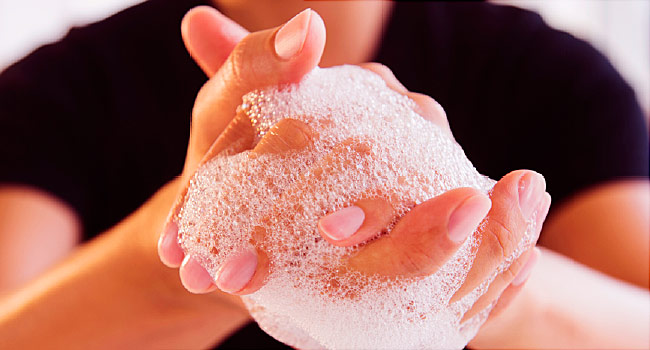
WEDNESDAY, July 3, 2019 (HealthDay News) — Somewhere between the Mom who obsessively wipes down every knob and toy her child might touch, and the Dad who thinks rolling in the dirt is “good” for kids, there’s a healthy medium, British experts say.
“We have to find a way to protect against infectious diseases and harmful microbes, whilst at the same time sustaining exposure to the essential beneficial microbes in our world,” explained Sally Bloomfield.
Bloomfield is a member of the International Scientific Forum on Home Hygiene, and also the co-author of a new report that surveyed British adults on their attitude towards dirt and germs in the home.
The 2018 survey, from the Royal Society for Public Health, suggests people are confused about how much dirt is OK. A lot of that confusion is probably coming from the rise of the “hygiene hypothesis” — the notion that today’s homes are overly sanitized, and kids need contact with germs to build up healthy immune systems.
But this notion can be taken too far, as Bloomfield’s group found.
In fact, nearly one in four people polled agreed with the statement that “hygiene in the home is not important because children need to be exposed to harmful germs to build their immune system.”
Men were twice as likely as women to express that opinion.
On the other hand, misconceptions around the level of “danger” posed by dirt were also common.
Bloomfield’s team found that “almost two-thirds of those we surveyed (61%) said touching a child’s dirty hands after they have been playing outside was likely to spread harmful germs.”
But that’s simply not true. In fact, “there is little evidence that outdoor dirt and soil is contaminated with harmful microbes (unless there are animals nearby),” according to the report.
Different germs, different hazards
Bloomfield, a researcher at the London School of Hygiene and Tropical Medicine, said the key thing to remember is that all germs are not created equal.
Exposure to diverse microbes from other people, domestic animals and the natural environment do help build a healthy immune system and microbiome — the varied microbes normally living in the gut and respiratory tract, experts agree. However, exposure to the wrong types of germs can both weaken the microbiome and cause infections.
